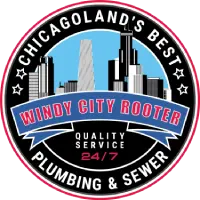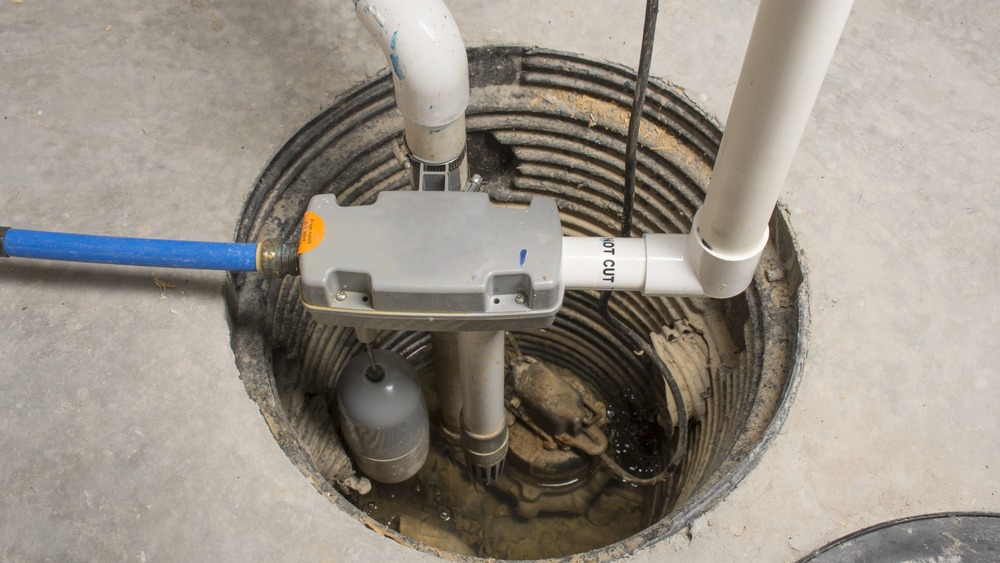If your home has a basement, you should definitely have a sump pump. A sump pump will set your mind at ease during floods. A sump pump can also help prevent a disaster if the pipes in the basement should ever burst. Besides getting rid of water in the basement, sump pumps also reduce moisture. Moisture reduction is important for preventing mold growth.
If you don’t know a lot about these handy machines, here are the answers to five frequently asked questions about sump pumps.
1. How Does a Sump Pump Work?
A sump pump stands in a sump pit. This sump pit should be at least two feet deep in the lowest part of your basement. The gravel-based hole should also be about 18 inches wide. When this hole starts filling with water, the pump’s float activator or pressure sensor activates the sump pump.
The sump pump moves water away from the home to a place where it drains. The check valve on the sump pump ensures that water will not return back to the sump pit. Many homeowners opt to have an automatic pump instead of one they turn on themselves.
2. Are Different Kinds of Sump Pumps Available?
Two main types of sump pumps exist. These include the pedestal sump pump and the submersible sump pump. The primary difference between the two is that the pedestal pump stands in an upright position. The motor on a pedestal sump pump is not designed to get wet.
Pedestal Sump Pumps
Some advantages of a pedestal sump pump are that they last longer, plus they provide easier access, which makes them easy to repair. On the downside, pedestal sump pumps take up more space than submersible pumps. Pedestal pumps also have less horsepower.
Submersible Sump Pumps
A submersible sump pump functions underwater and sits right in the sump pit. Some advantages of a submersible sump pump are that it takes up less space, has more power, and has the option of a backup battery. This is very beneficial in instances when the power goes out.
The downside of a submersible sump pump is that it is generally more expensive than pedestal sump pumps. You also have a harder time gaining access to a submersible pump, which can make repairs more difficult and costly.
3. What Size Sump Pump Do I Need?
Many homeowners mistakenly determine the size of their sump pump based on the size of their basement. This is not the best way to determine the correct sump pump size, however. Instead, the amount of moisture you need to manage should be the determining factor with size. You measure the size of a sump pump in horsepower (hp).
If you live in a flood zone, or you manage a lot of moisture, you would do well to get a sump pump with at least .5-hp. A sump pump of this size can remove 3,000 gallons of water an hour. If you don’t need a sump pump that is quite that powerful, you should be able to get by with a .33-hp.
A .33-hp sump pump is the most common. When homes are built, they often have a .33-hp sump pump. Also, a .25-hp sump pump exists for homeowners who don’t want to spend a lot of money but still need to get rid of moisture in their basement.
One reason you need to get the right size sump pump is that when a sump pump has too much horsepower or not enough, it increases the chance of failing.
4. When Should I Replace My Sump Pump?
Just because you have a sump pump doesn’t mean it’s going to work at all times. Like other machines, sump pumps are bound to fail, especially the older they are. In fact, you should replace a sump pump after seven years of use.
Besides age and extended wear and tear, these other signs indicate that you may need to replace your sump pump:
- You have experienced frequent power outages in your home.
- It was not installed correctly.
- The motor gets stuck or no longer works.
- It has visible rust, which could also be iron bacteria.
- The sump pump cycles on and off, even during heavy rains.
- It runs continuously for no reason.
- It makes strange noises or vibrates excessively while running.
If you don’t use your sump pump on a regular basis, you may need to replace it sooner rather than later. A sump pump that never runs has a shorter lifespan. If you never use your sump pump, you should still test it on a regular basis.
5. Where Can I Get a Sump Pump?
If you need a sump pump, contact Windy City Rooter. Our highly trained plumbers also provide sump pump repairs and free estimates. Our family-owned and -operated company serves Chicago and the surrounding areas. We offer a 100% satisfaction guarantee and don’t charge extra after hours.

